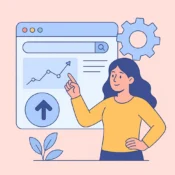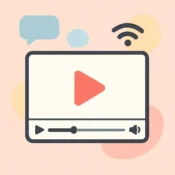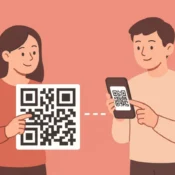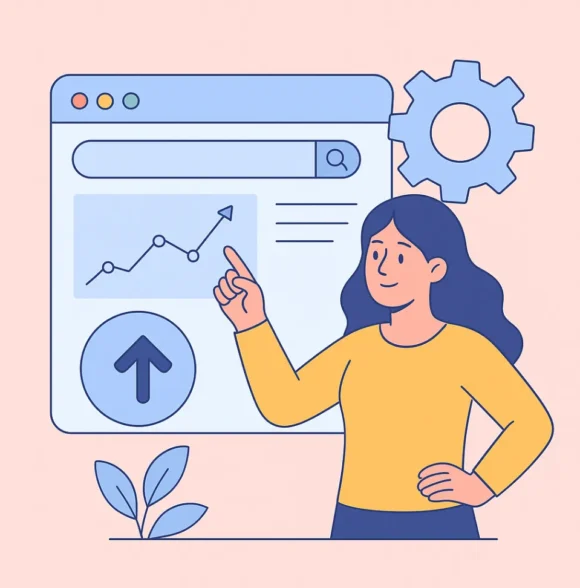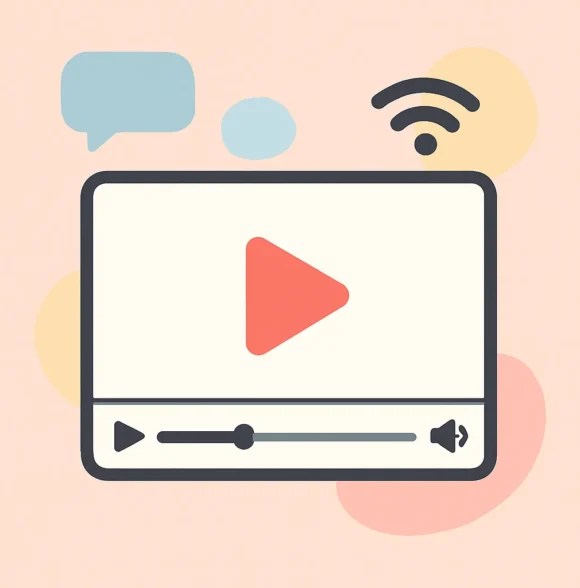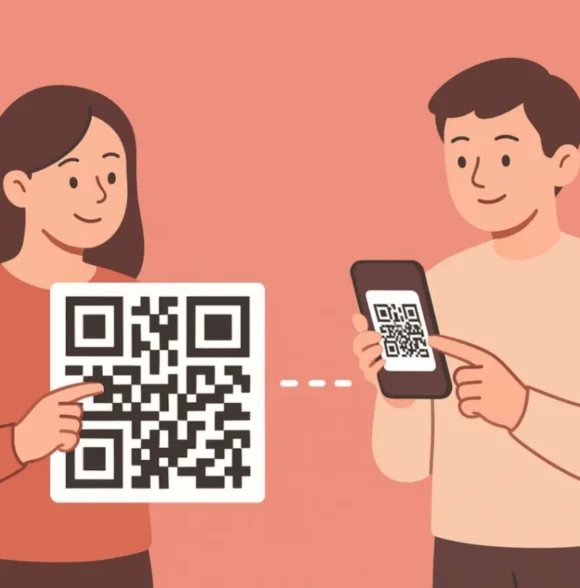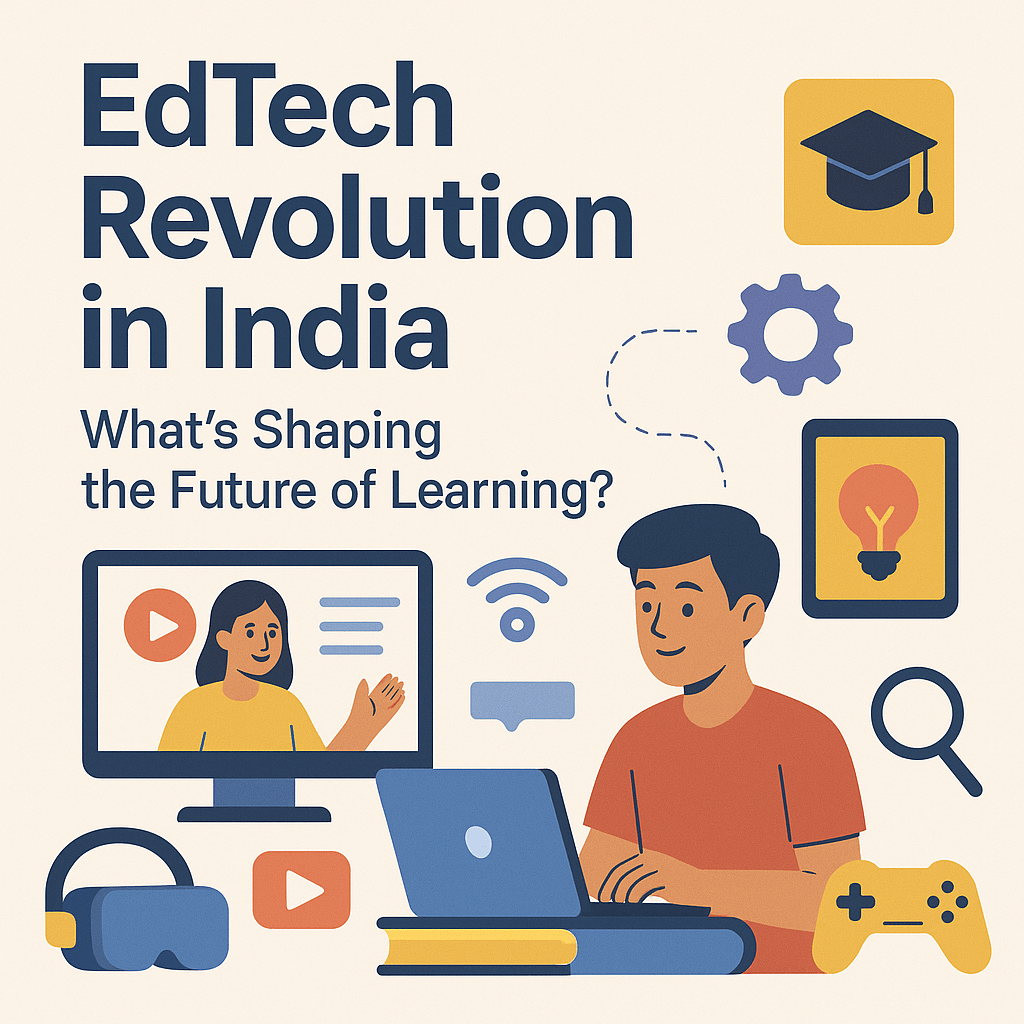
EdTech Revolution in India – What’s Shaping the Future of Learning?
Introduction India’s education landscape is evolving rapidly. With smart classrooms, digital mentors,
immersive learning, and AI-driven tools, EdTech is no longer a distant novelty it’s transforming
how students across the country learn, engage, and compete.
AI-Powered Personalized Learning Adaptive learning systems are becoming increasingly
common. Platforms use algorithms to understand each student’s strengths, weaknesses, and
learning styles, then dynamically tailor content and pace accordingly. This
“one size never fits all” model ensures that every student moves at a rhythm that suits them,
boosting motivation and outcomes.
Immersive Learning via AR/VR & Gamification Virtual and Augmented Reality are no longer
futuristic concepts—they’re tools for learning. Students can now explore historical sites in VR or
dissect virtual biological specimens, enhancing retention and comprehension. Gamified platforms
and microlearning further engage learners—especially Gen Z and Alpha—with fun and impactful
experiences.
Hybrid, Flexible, and Career-Linked Learning Blended education—mixing online and offline
learning—is increasingly the norm, offering flexibility and better accessibility. At the same time,
EdTech platforms are evolving into career accelerators—linking certifications with internships, job
placements, and mentorship programs.
Data-Driven Insights Analytics tools offer real-time dashboards to educators, identifying students
who may need extra support and enabling proactive interventions. This helps close learning gaps
and ensures timely assistance based on performance metrics.
Rising EdTech Ecosystem in India India’s EdTech industry is booming—projected to reach
US$30 billion by 2030, up from around $750 million in 2020. This growth is propelled by widespread
internet access, a burgeoning middle class, and COVID-induced adoption of digital learning.
Closing the Gap Between Knowing and Doing In 2025, effective learning must go beyond theory.
EdTech must foster collaboration, mentorship, and hands-on experiences—bridging the gap
between theoretical knowledge and practical application.
Innovations & Inclusive Models: India Leading the Way – NPTEL & MOOCs: Expanding free,
open-access STEM courses, now available in regional languages and offering proctored
certifications. – MindCraft: Leveraging AI to create personalized learning for rural students. – Atal
Tinkering Labs: Establishing over 10,000 labs in schools to promote robotics, IoT, and design
thinking. – Sampark Smart Shala: Delivering tech-powered learning in rural schools with teacher
training.
Conclusion The Indian EdTech revolution is not just technological—it’s inclusive, adaptive, and
rooted in real-world needs. From AI tutors and immersive simulations to MOOCs, rural labs, and
tech-empowered classrooms, the future of education here is diverse and digital-first.

